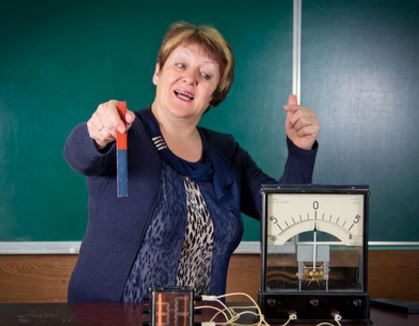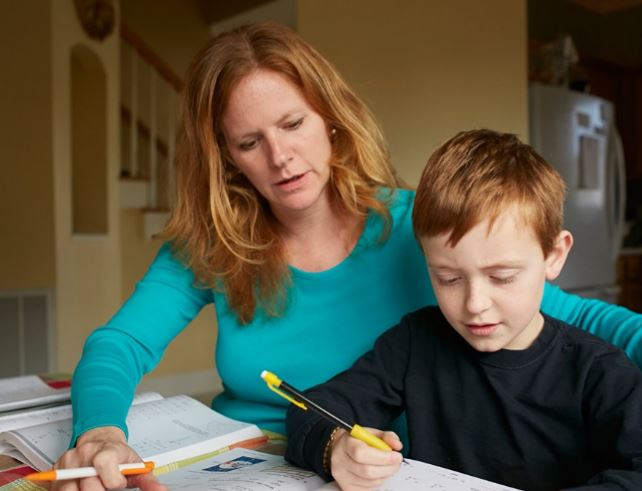

One main goal teachers have is to get students excited about learning. When teaching, it’s important to arouse curiosity and create anticipation for the next lesson. There are certain instructional approaches that will keep kids engaged.
A simple technique that helps increase students’ attention is to provide a hint of what’s to come.
Ask yourself, “How can I get students to become curious and actively interested in what’s coming up next?” Answer: providing a small excerpt of a lesson given at the beginning of class to get students’ attention helps to activate prior knowledge, and get students ready for the day’s learning.
One technique that great teachers can do is handing out a mystery object. Simply by handing students an unknown science tool or a blank index card, you can create great intrigue in the lesson. If one item isn’t enough, create a mystery box full of different things to inspire and hook students.
Another way to spark curiosity is to play a short video clip for students. This will stimulate attention and activate background knowledge. If you really want to catch students’ attention, simply give them a problem that they cannot answer. After your lesson, your students will happily be able to answer the problem. Remember how movies in the 80’s used to end with “To Be Continued”? Well, you can create the same drama by abruptly ending a lesson and promising answers the next day.
For more instructional approaches that get students excited about learning, read the original article here:
7 Teaching Strategies for Building Anticipation




